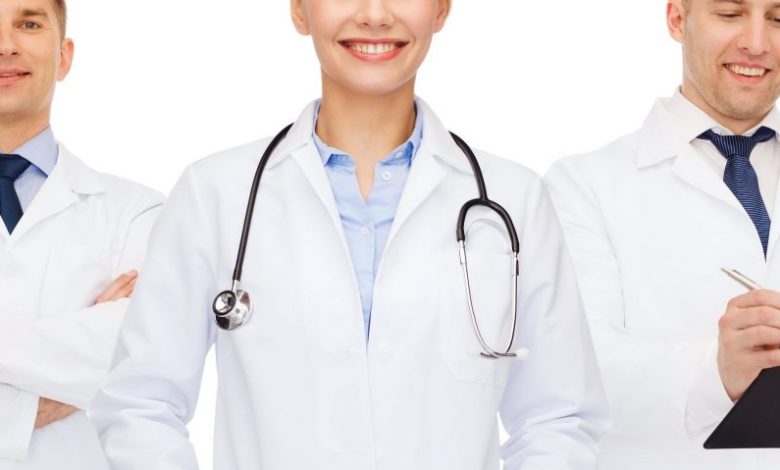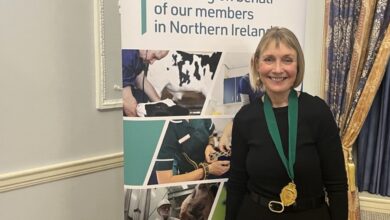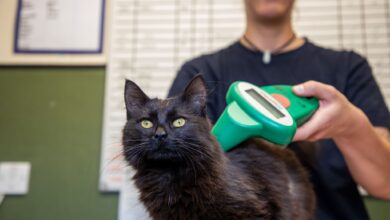Recognise vets’ vital role in run up to Brexit, says BVA President

The president of the British Veterinary Association (BVA) has stressed the important position vets will hold in post-Brexit Britain.

Become a member for unlimited access
Remove all content restrictions with a membership account. First-year special offer pricing. Cancel any time.
You have read 2/2 free articles this month.

How many members should have access to the subscription?
Monthly
Yearly
Save £9.89
No, thanks
I already have an account

The president of the British Veterinary Association (BVA) has stressed the important position vets will hold in post-Brexit Britain.

